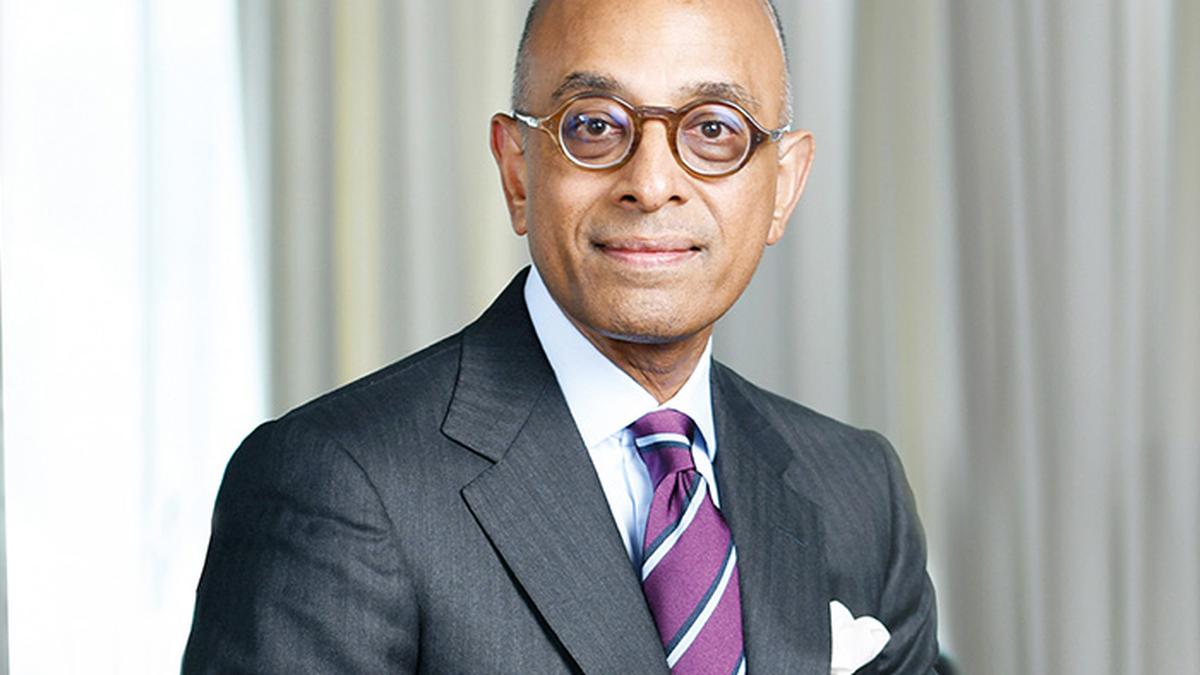The Bengaluru-based IT services company, Infosys’ annual report showed that chief executive officer (CEO), Salil Parekh’s compensation for the financial year 2022-23 (FY23) took a drop of 21 per cent at 56.45 crore, down from ₹71 crore in the previous year.
The Bengaluru-based IT services company, Infosys’ annual report showed that chief executive officer (CEO), Salil Parekh’s compensation for the financial year 2022-23 (FY23) took a drop of 21 per cent at 56.45 crore, down from ₹71 crore in the previous year.
Parekh’s remuneration consists of base pay, retiral benefits, and fixed salary. In addition, he also receives the value of stock incentives exercised during the period and any incentives or variable pay. This decrease appears to be due to Parekh exercising fewer restricted stock units (RSUs) during the year.
Parekh’s remuneration consists of base pay, retiral benefits, and fixed salary. In addition, he also receives the value of stock incentives exercised during the period and any incentives or variable pay. This decrease appears to be due to Parekh exercising fewer restricted stock units (RSUs) during the year.
Subscribe to Continue Reading
On the other hand, former TCS CEO Rajesh Gopinathan’s overall remuneration jumped 13.17 per cent to ₹29.16 crore in FY23, his last year as the chief executive of the largest IT services player.
In the annual report for the fiscal year 2022-23, TCS said Gopinathan earned over ₹25 crore as commission, a salary of ₹1.73 crore and ₹2.43 crore in other benefits.
Gopinathan, who helmed the company for six years till May 31, had earned a salary ₹25.76 crore FY22. Despite heading the largest company, Gopinathan’s pay cheque is lower compared to peers and also lower than what his predecessor N Chandrasekaran drew in FY17 before being appointed as the Tata Sons Chairman.
The company’s chief operating officer N G Subramaniam earned a total remuneration of ₹23.60 crore for FY23, up from about ₹20 crore in FY22.
The annual report said the increase in managerial remuneration is at 13.58 per cent as against the median hike of 5.11 per cent across its 6.14 lakh permanent employees.




)
)




